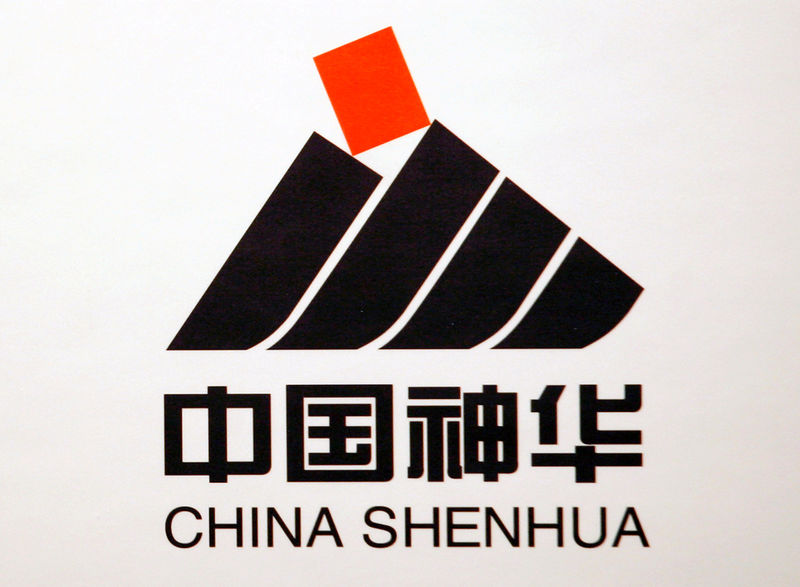By Meng Meng and Josephine Mason
BEIJING (Reuters) - Beijing announced its latest arranged marriage by matching the country's top coal miner with one of its biggest utilities to create a global powerhouse worth $280 billion on China's Valentine's Day.
But even as couples across the country celebrated the Qixi Festival, the union may spark jealousy elsewhere. Other power companies fear they will lose critical thermal coal supplies just months ahead of winter and face a bigger rival with an outsized role in the market.
After a months-long courtship, China's State-owned Assets Supervision and Administration Commission (SASAC) announced the deal to combine the nation's largest coal miner Shenhua Group Corp Ltd [SHGRP.UL] with one of its biggest utilities China Guodian Corp [CNGUO.UL] in a statement on Monday.
The new entity will eclipse EDF (PA:EDF) and Enel (MI:ENEI) to become the biggest global power company with around 225 gigawatts of capacity. The deal is also expected to spur more dealmaking across the power sector, as Beijing aims to streamline China's indebted and inefficient state sector.
For smaller utilities in the world's top consumer of the fuel, many of whom buy coal from Shenhua, the spectre of losing a major supplier has stirred worries.
"We are very concerned whether they will give us enough supply for winter," said a coal buyer for China Resources Power Group Holding Co Ltd (HK:0836), a top power company headquartered in Beijing.
Shenhua accounted for 8 percent of the 3.64 billion tonnes of coal China produced last year. While a small portion of the total, it was more than double what second-largest miner Shanxi Coking Coal Group Ltd [SHANXA.UL] produced.
The buyer for China Resources said his company is meeting a Shenhua executive next week to discuss terms and volume for the upcoming winter, when demand for heating is expected to surge in the country's cold northern regions.
"We don't know where the renegotiation will head, but Shenhua will definitely give Guodian a priority for winter supply," the buyer said.
Utilities' margins have been squeezed hard over the past year as government-enforced mining capacity cuts as part of Beijing's war on smog have helped fuel a spectacular rally.
Those prices have boosted miners' earnings, reviving an industry which many experts had said was in terminal decline. Shenhua was one of the most profitable public commodity companies in the first half of this year.
Any shake-up could be good news for exporters like Australia and Russia, spurring demand for Chinese coal imports.
Shenhua and Guodian did not return calls seeking comment.
IT'S COLD OUTSIDE
Some sources downplayed any long-term impact, noting power companies typically have diversified sources of supply.
Utilities are more alert to potential supply constrictions this winter than ever before. Last year, the government had to scramble to avert a winter power crisis after forcing mines to slash output, tightening supplies and triggering a historic price rally.
If Shenhua reduces how much it sells to third parties, a source at a major utility said, smaller, inland utilities may have "difficulties finding new suppliers" because they lack the financial clout to pay more to source from further afield.
"In the short term, it might grow tight in some regions due to the merger," he said, although his company doesn't buy much coal from Shenhua.
Given the size of Shenhau's coal output, the prospect of competing for supplies will likely spark further consolidation in the power sector, said Frank Yu, principal consultant for Asia-Pacific Power and Renewables at Wood Mackenzie.
"Other power generators will naturally worry about playing on an uneven ground with biased coal supply terms. That concern will facilitate other win-win mergers as countermeasures," he said on Tuesday.
That's in line with Beijing's broader plan to reform the energy sector, removing the conflicts between coal miners and power generators, he said.

($1 = 6.5918 Chinese yuan)